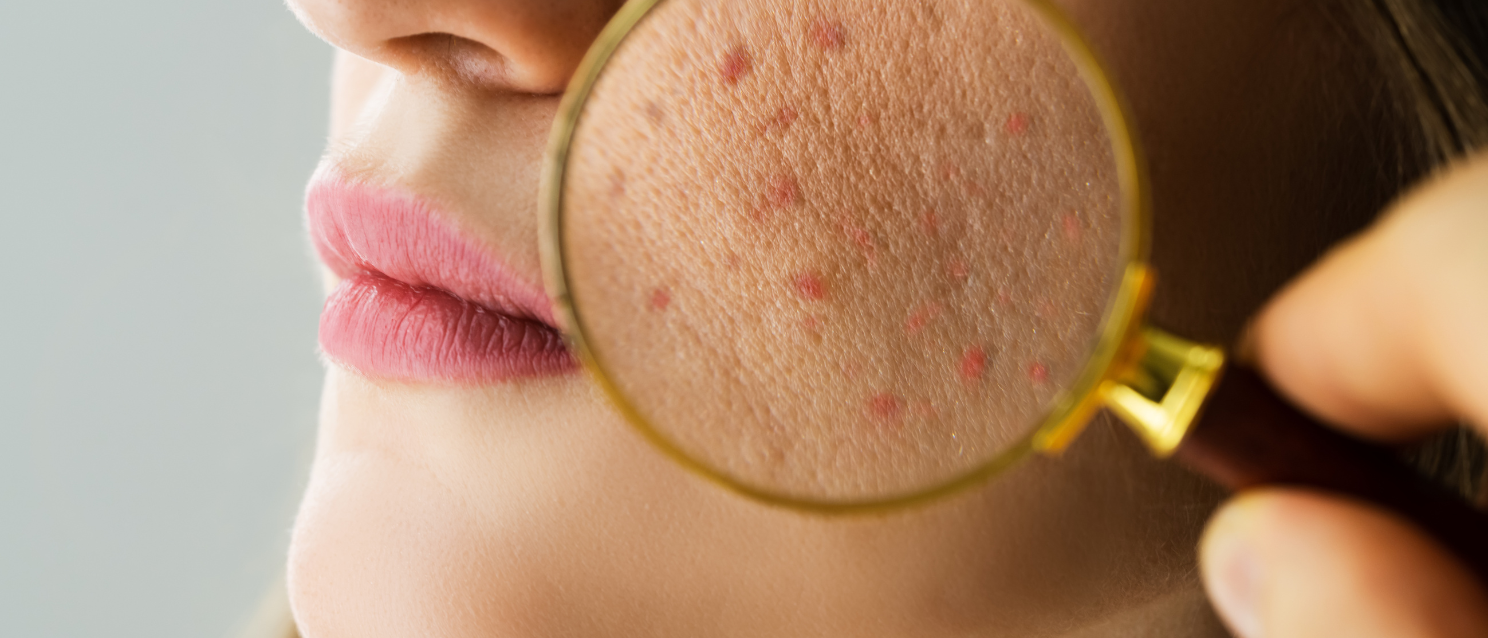Reducing your Risk of Alzheimer’s
About Alzheimer’s Disease
We’re getting a lot more interest in age-related diseases lately, and having just returned from a Symposium on Navigating Neural Networks, in this article, we are sharing with you some new, helpful information about Alzhiemer’s disease.
Alzheimer's disease is the most common cause of Dementia, although sometimes these conditions are confused or considered one and the same. Dementia actually describes the symptoms of severe cognitive decline, when brain cells stop working properly, whereas Alzheimer’s is a disease with symptoms including Dementia.
Here are 5 tips to help reduce bloating and gas, so you can feel confident eating again!
Risk Factors for Alzheimer's
There are some genes that people may carry that will increase their risk of developing Alzheimer’s. These were made well known most recently when Chris Hemsworth, an actor most famous for his role in Thor, decided to take a break from acting after discovering he carries the gene APOE-e4.
Aside from certain genes, including APOE-e4, other risk factors for Alzheimer's Disease include:
- Excessive alcohol consumption
- An inflammatory diet
- Smoking
- Hypertension
- Inflammatory Bowel Disease
- Air pollution
- Diabetes
- Some specific medical drugs
- High levels Aluminium in the body
- Low Vitamin D levels
There's also mounting evidence now showing that the presence of Herpes Simplex Virus (HSV1) is a contributing risk factor.
It's not all bad news!
While Dementia and Alzheimer's are leading causes of death in Australia, the risk of Alzheimer's is still relatively low across the whole population and there are many things you can do to reduce your risk, no matter how old you are.
How to Reduce the Risk of Alzheimer's
At the symposium that we recently attended, many of the speakers shared new treatment pathways for neurological conditions that have been backed by the latest clinical studies. This was fascinating and in some cases, also simply confirmed what we already knew! It’s great to have even more evidence of the effectiveness of a Naturopathic approach on brain health.
What you can do to support your brain health
Not surprisingly, maintaining your overall health and wellbeing is going to also reduce your risk of cognitive decline as you age!
This means the basics of exercise, sleep, and limiting sugar and alcohol intake, as well as eating a diet full of anti-inflammatory foods, especially omega-3s, and looking at how you manage stress.
Make new connections
These are things everyone can focus on to improve brain health and reduce risks of cognitive decline with age:
- Learn something new. Ditch the crossword puzzles and follow your passions. Study something you’re interested in, learn a new language, get into a new hobby, or enroll in a course.
- Dance. Exercise but especially dancing with a partner stimulates the brain to create new neurons.
- Play Music. Pick up an instrument or sing to activate different parts of your brain.
Addressing Specific Risk Factors
When you come in to see either Val or Sam, you'll also have the opportunity to address any specific risk factors which present for you.
This may include detoxifying heavy metals, introducing an anti-inflammatory diet, or taking anti-viral herbs or natural medicines that have been shown to boost brain health and cognition through their actions on the body systems.
REDUCE THE RISK - BOOK WITH VAL OR SAM TODAY!
Sam Botica
ND, Dip.Hom, Dip.App.Sc.(Nat), Grad.Dip.Acup, Dip.RM
Sam Botica is a highly experienced Naturopath supporting patients with mental health, stress anxiety and gut issues. With over 20 years of clinical experience, using scientifically proven protocols, natural medicines and a passion for empowering you to heal and feel your best, Sam is a wonderful practitioner who will help you find practical and effective solutions to your health concerns.








